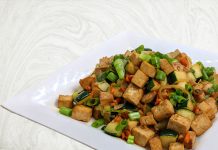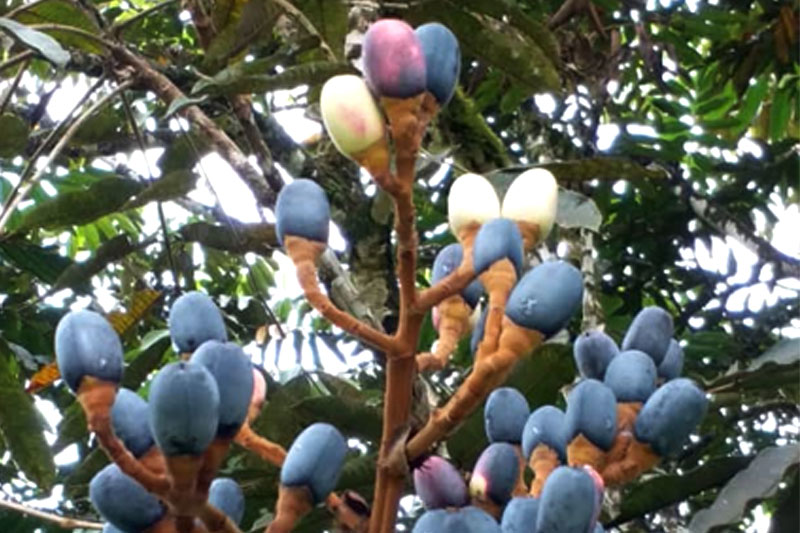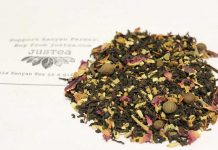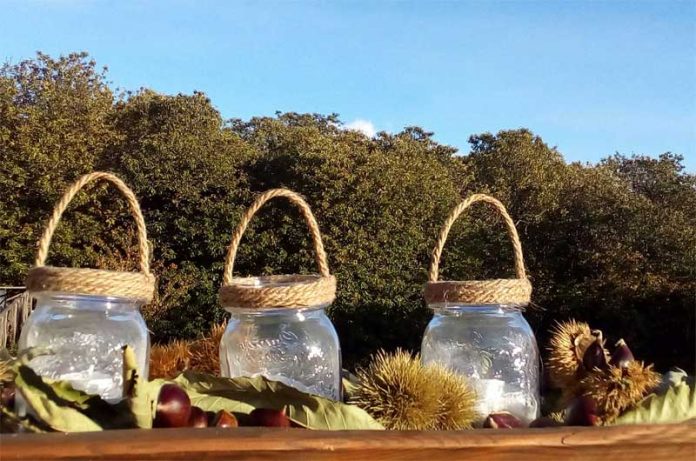Images Updated: November 02, 2017
Are chestnuts true nuts? Why snacking on these delicious nuts are good for you? What health experts say about its nutritional value.
Chestnuts are true tree nuts. They are more than a snack and holiday treat. The gluten-free nut contains many health benefits that are often less prominently featured than tree nuts, such as almonds and walnuts. Edible chestnuts are different from unedible horse chestnuts.
Once a cereal substitute for the poor, sweet chestnuts are now a prized culinary ingredient.
Cultivation of the native European chestnut (castanea sativa) or sweet chestnuts dates back as early as the 37 B.C. along the southern Italian Mediterranean coast. They can be found throughout Europe including Italy, France, Spain and Portugal.
Cooked sweet chestnuts a sweet-nutty flavour, and floury texture similar to sweet potato. Chestnuts are rich in starchy carbohydrates and fibre, and low in fat.
European grown chestnuts are packed with minerals like potassium, folates (Vitamin B6), phosphorus, magnesium and calcium. In raw form it is a good source of Vitamin C. They are eaten roasted, boiled, ground, preserved or in candied form. Consuming raw chestnuts are not recommended due to their high tannic acid content.
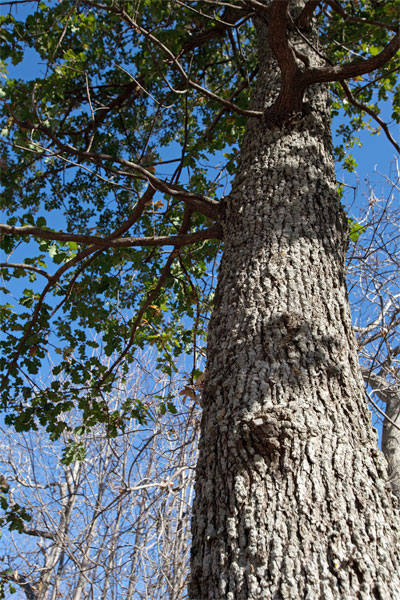
Health Benefits of Chestnuts
- They support diabetes and digestive disorder prevention and management. A low glycemic index and high dietary fibre food. Fibre helps regulate and optimize nutrient absorption in the human digestive system.
- Potassium lowers blood pressure by regulating water movement in the body. It acts like a vasodilator, widening blood vessels and allowing easier blood flow – hence improving cardiovascular health, and lessening the risk of heart diseases.
- Magnesium relaxes smooth muscles, and calcium increases bone mineral density – reducing slow age-related diseases like osteoporosis.
- Folate, the natural-occurring, water-soluble Vitamin B aids in neurological development and function. It also supports colon and cervical cancer prevention as well as memory retention.
- Vitamin C helps boost immune system health.
Related: Hotel Bosco Ciancio: Beyond the Chestnut Groves in Sicily’s Mount Etna
These delicious nuts make a great snack and can be savoured as a garnishing in soups and salads. A staple of the Italian diet, chestnuts are popularly used as an ingredient in cooking, confectionary products, desserts and poultry stuffing. The high starch content makes it a good thickening agent.
Sweet chestnuts are also ground to make bread flour. They are a suitable cereal alternative for corn and wheat allergic individuals. Those allergic to tree nuts should consult their medical advisers prior to consuming products containing chestnuts.
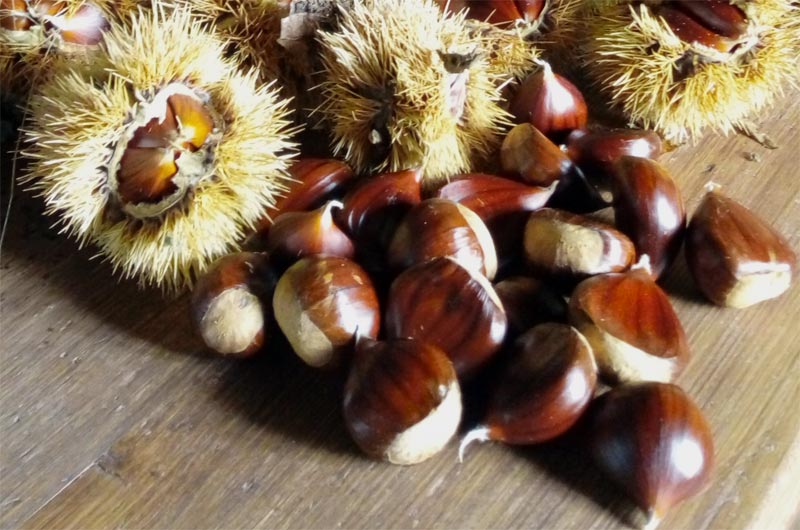
What Health Experts Say About Chestnuts
“Chestnuts are the only low-fat nuts, containing just one gram of fat and a little less than 70 calories per ounce of dried or roasted nuts. Additionally, chestnuts are the only nuts that contain vitamin C; in fact, just 3 ounces of chestnuts supply about 45% of the recommended daily amount of this vital antioxidant nutrient.” – Dr. Mehmet Oz, MD | sharecare.com
“Chestnuts are an excellent source of manganese, molybdenum, and copper and a good source of magnesium. In addition, they are a good source of vitamin C as well as vitamins B1, B2, and B6 and folic acid.” – Dr. Michael T. Murray, ND | sharecare.com





